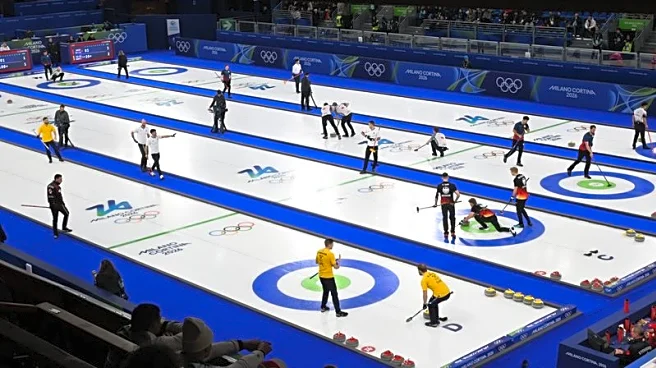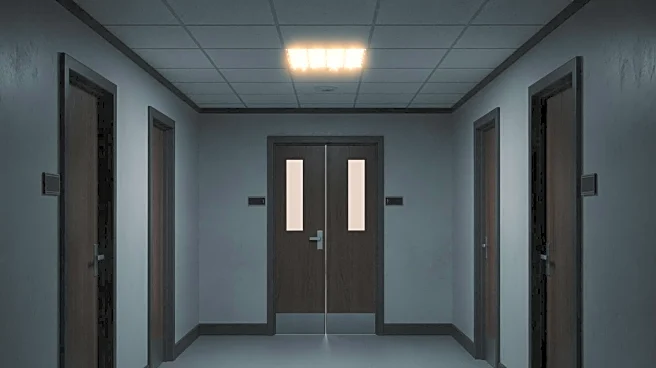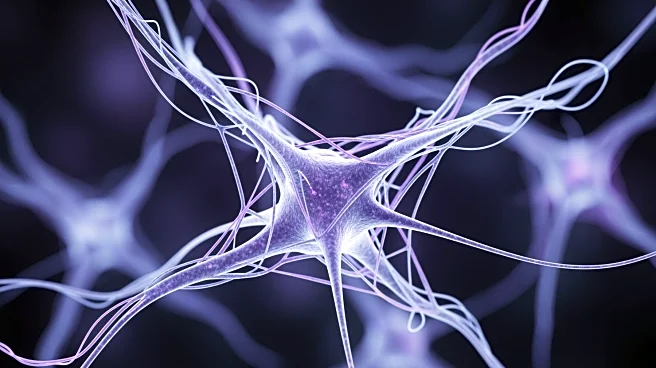Rapid Read • 8 min read
Laurent Vinatier, a French researcher associated with a Swiss conflict mediation NGO, is facing new espionage charges in Russia. Vinatier was initially arrested in June 2024 and sentenced for violating Russia's foreign agents law, a case that France has condemned as baseless. The Lefortovo court in Moscow is set to hold a closed hearing regarding these charges, which could result in a 20-year prison sentence. French President Emmanuel Macron has called for Vinatier's release, labeling the accusations as propaganda. Vinatier's mother expressed concern over his transfer to Lefortovo prison, known for housing political prisoners.
AD
The case against Laurent Vinatier highlights the strained relations between France and Russia, particularly amid the ongoing conflict in Ukraine. France, a strong supporter of Ukraine, has been singled out by Russia as a hostile state. The use of espionage charges against Western citizens, including Vinatier, reflects Russia's broader strategy of leveraging foreign nationals in geopolitical disputes. This situation could further complicate diplomatic relations and impact international efforts to address the Ukraine crisis. The case also underscores the risks faced by researchers and journalists operating in Russia.
The closed hearing at Lefortovo court will determine the next steps in Vinatier's case. If formally charged, he could face a lengthy prison sentence, adding to the list of Westerners detained in Russia. France is likely to continue diplomatic efforts to secure his release, potentially involving negotiations or pressure on Russia. The outcome of this case may influence future interactions between Russia and Western nations, particularly in terms of diplomatic exchanges and negotiations involving detained citizens.
The charges against Vinatier raise ethical concerns about the use of espionage laws to suppress dissent and control foreign influence in Russia. This case may contribute to a chilling effect on international research and collaboration, as individuals may fear similar repercussions. The broader implications for academic freedom and international cooperation in conflict resolution are significant, as researchers may become wary of engaging in activities perceived as sensitive by host countries.
AD
More Stories You Might Enjoy












